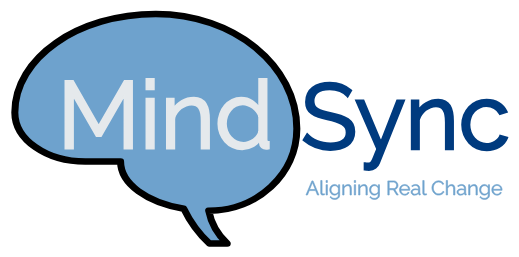Being more Productive
Productivity generally refers to the ability of an individual, team, or organization to work efficiently within a timeframe to maximize output. An individual's productivity hinges on mental energy and a sense of internal and external motivation.
Most business owners were shocked that overall productivity went up for remote workers. The Great Resignation also stunned business leaders as turnover reached new highs.
Changing jobs was not just about getting another job or leaving the workforce. It’s about taking control of your work and personal life and making a big decision – resigning – to accomplish it.
The APA reports: Nearly two-thirds of people working from home feel isolated or lonely at least occasionally and 17% do all the time. More than two-thirds of employees who work from home at least part of the time report they have trouble getting away from work at the end of the day (always (22%) or sometimes (45%).
Here are some of the most common problems that remote workers face with mental health:
Pressure to work extra hours or hours that they’re not accustomed to.
Difficulties unplugging from work due to it being accessible on their computer or laptop.
Loneliness due to a lack of colleagues to speak to in-person.
Isolation due to being stuck at home because of lockdowns.
Stress due to a lack of time management skills that are required when working from home.
Depression caused by a lack of tangible career progress.
If we wish to be more productive in every area of our life, then we need to train the mind to achieve a sustained effort, and that’s where mindfulness-meditation for productivity comes in.
Mindfulness gives employees permission and space to think — to be present — leading to mental agility, resilience, and self-awareness.
Meditation helps regulate sleep and helps employees become more stress-free, which allows them to be at their highest level of productivity!
Practicing mindfulness-meditation has been shown repeatedly to improve our ability to sustain attention and decrease external and internal distractions. Researchers from Harvard Medical School found that a meditation program led to changes in brain regions involving learning and working memory capacity.
Guided mindfulness-meditation productivity can help achieve a state of concentrated calm or serene attention. In fact, just one session was shown to improve focus and reduce mind-wandering. Reach out to find out more about a guided mindfulness-meditation program.
